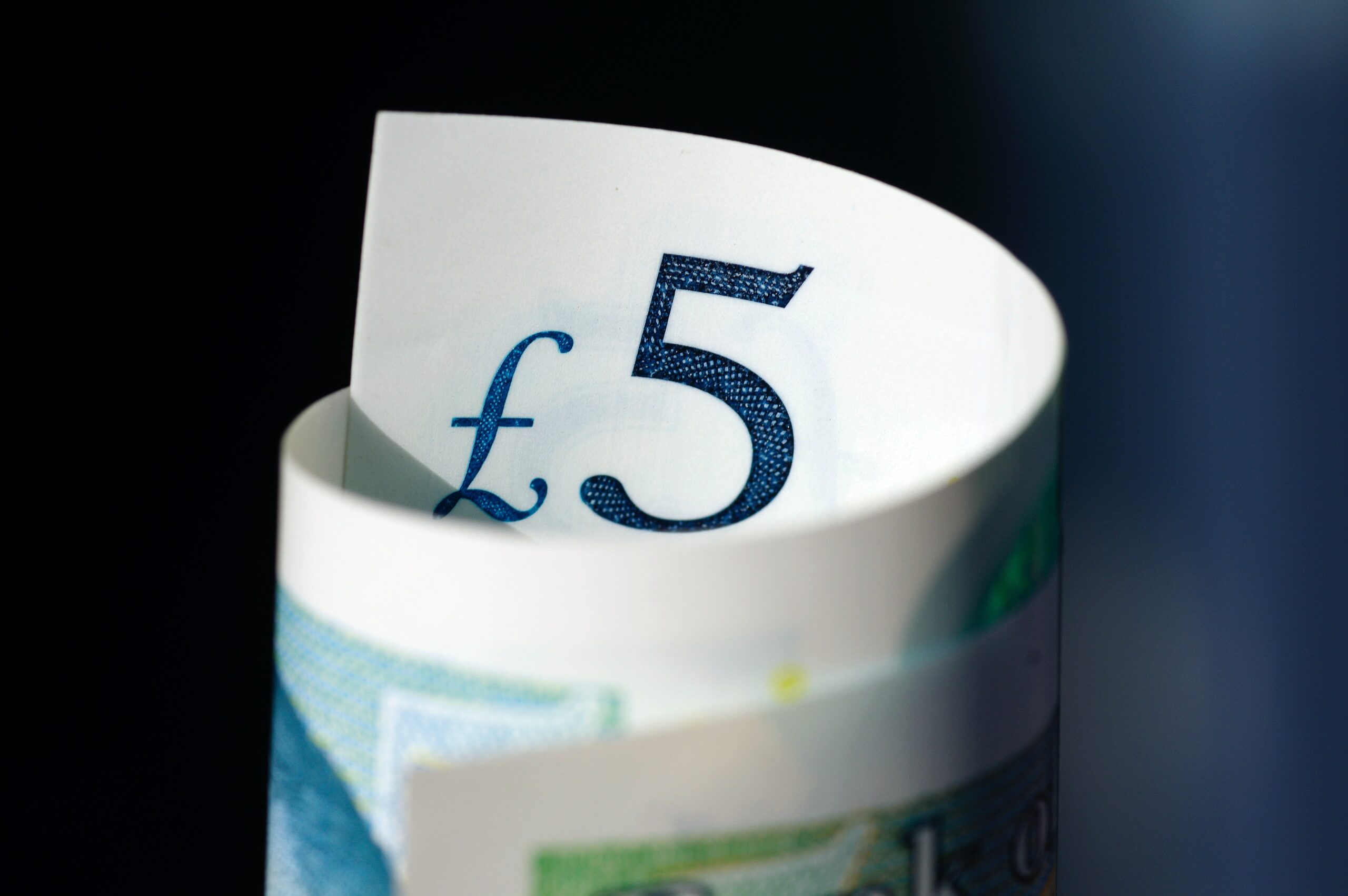
5 money mistakes to avoid in your twenties
Your twenties can be a stressful enough time as it is without having to think about your finances too. AM I RIGHT?
If you think back to being in school and what you learnt about money, usually your mind goes blank. What did we learn? Did the topic about finances even get covered? If it was taught, it certainly was not engaging enough for us to remember surely!
There is an ongoing joke that school teaches us algebra, photosynthesis, and how to dissect an onion but fails to teach us important real-life things like money management, taxes and mortgages and how to build wealth. It is a joke because if you do not laugh about it… you will probably cry.
But how about instead of crying, you educate yourself on the things that are important when it comes to personal finance.
We ask every guest on the Talk Twenties Podcast: What one piece of advice would you give to your 20-year-old self?”
And a lot of the answers so far have been related to finances and money management.
“I wish I wasn’t so reckless”, “I wish I saved more money”, “I wish I didn’t get into so much debt”
Hindsight is a beautiful thing but unfortunately, no one can go back in time and change the way they have handled their money. The best thing they can do is learn from their mistakes and pass that wisdom on to others, to help them not make the same mistakes.
Life can give you all the tools to make the right choices but ultimately you have to make the decision to take that knowledge, and apply it to your life so you can thrive and avoid mistakes that will hold you back!
Here are the top 5 money mistakes to avoid in your twenties:
1. Not educating yourself on basic money management
Not all of us were lucky enough to have parents, grandparents, teachers or role models that taught us the simple lessons around HOW to handle our money. But we should not use that as an excuse to not teach ourselves.
The internet is an amazing place and there are heaps of free resources online. But the best place to start is with budgeting!
Budgeting is the most effective and useful tool to help you manage your money. It helps you live within your means and avoid ending up in debt.
And the best thing about it? There are so many ways to budget; you can tailor it specifically to you and your needs!
You can use a pen and paper, an Excel spreadsheet, an app you can download to your phone. All you need to know is the money you have coming in (income from your job, student loan, money from your parents) and the money you have going out (your phone bill, your gym membership, your travel and groceries cost).
2. Ignoring the future and not setting financial goals
It can be easy to ignore the future and get all caught up in the present. But if you forget about the future, time will pass you by and when you are ready to do big things that cost money such as buy a property, have a family, start a business, you will kick yourself for having £0 funds available!
Usually, we set goals at the beginning of a new year like to join a running club, to get a six-pack, to learn how to speak fluent Spanish, to get a new job in the city. And this should be no different when it comes to our finances.
When you set financial goals, you are preparing yourself for greatness and your future self will be SO grateful. You are building your dream life.
Maybe these goals will change and that is okay. But you must start somewhere.
Goal setting can be empowering and exciting; they help you stay motivated, giving you a purpose and making it easier for you to save money.
3. Living off of credit cards and getting into bad debt
Going to a party and need a new outfit? Last minute flight to Ibiza? A fancy lunch out in a boujee restaurant?
I know how tempting it is to just ‘whack it on the credit card’.
But if you are not super careful, before you know it, you will be up to your ears in debt, swimming through a sea of interest charges and will find yourself making monthly repayments to pay-off purchases you don’t even remember making.
Being in bad debt can cost you more than the simple price of what you paid for an item in that moment… you get charged interest fees which can get out of hand very quickly, and also it can ruin your credit rating which in turn can affect your ability to buy a house or get a business loan.
Go buy the rule of thumb; if you HAVE to put it on a credit card, then you CANNOT afford it.
4. Not having an emergency fund
Emergency fund sounds boring, right? Well, that is because it is. We aren’t going to sugar-coat it. An emergency fund is a pot of money, separate from your savings, that you use for (yup, you guessed it) emergencies only.
And we are not talking about that last-minute flight to Ibiza or those trainers that are 50% off in the shop… I mean real-life adult emergencies such as your car breaking down. Or losing your job.
Everyone thinks ‘that’ll never happen to me’ but part of being an adult is about preparing for the worst and hoping for the best.
When you have a pot of money saved away for a rainy day, you will sleep better at night knowing that if anything goes tits up (and we know the universe loves to throw us curveballs), that you are prepared.
It does not need to be a lot of money; the general rule is 3-6 months’ worth living expenses (so basic bills, food and travel costs) so that you can survive financially if disaster strikes.
P.S. having a credit card0 should not be classed as having an emergency fund.
5. Not cultivating good saving habits
When the act of saving your money becomes a natural habit, you will be the envy of all your friends.
The key to this is learning to pay yourself first.
Ever tried to save whatever is left over at the end of the month, then get angry when 6 months down the line your savings account is still at £0. That is because if the money is in your account, waiting to be spent, without a place to go, you will spend it.
When you save first, then spend what is left after, you will find the beautiful balance between having savings and having a good time.
So here you have it. If you want to find out more about managing your finances in your twenties, visit our Finance & Money hub or check out the Talk Twenties Podcast.


